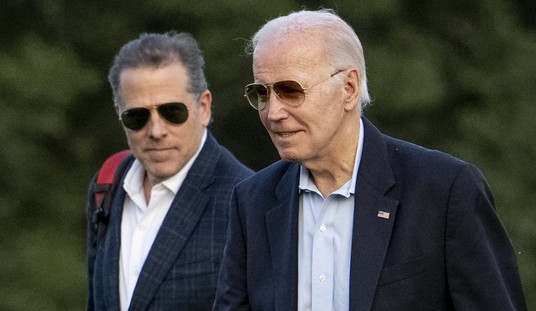I have been a lifelong insomniac (yes, all the way from the tender age of six), and a variety show junkie (thank my mother for that one), so my memories of Sergio Mendes and his hip band Brazil ’64 (which morphed into Brazil ’66) were from those programs and also the radio—when radio actually played music worth listening to.
"Mas Que Nada," "Fool On A Hill," "Day Trippin'," and "So Many Stars," are just some of the many beautiful pieces of musical art created by this gifted and innovative artist. Mendes is the latest one from the soundtrack of my childhood that has been silenced. Sergio Mendes passed away on Thursday after a battle with long COVID. He was 83.
Sergio Mendes, the celebrated Brazilian musician whose 1966 hit “Mas Que Nada” made him a global superstar and helped launched a long, Grammy-winning career, has died after months battling the effects of long COVID. He was 83.
The death Thursday of the Brazilian pianist, songwriter and arranger was confirmed in a statement by his family.
“His wife and musical partner for the past 54 years, Gracinha Leporace Mendes, was by his side, as were his loving children,” the statement Friday said. “Mendes last performed in November 2023 to sold out and wildly enthusiastic houses in Paris, London and Barcelona.”
What a beautiful legacy that his wife was not only his music partner but that they maintained a long-standing marriage and raised a family together.
Mendes was born in 1941 in Niterói, which is the sister city of Rio de Janeiro. His physician father actually steered him to study classical music at a conservatory, but Mendes soon caught the jazz bug and started incorporating himself into various groups in the region. In the late 1950s and early '60s, Mendes started playing "Bossa Nova" with the creators of the music genre: Antonio Carlos Jobim and João Gilberto. Mendes considered Jobim a mentor.
It was a trip to New York for a Carnegie Hall Bossa Nova festival in 1962, that changed the trajectory of Mendes' life. Cannonball Adderley invited Mendes to collaborate on his album “Cannonball Adderley and The Bossa Rio Sextet." This opened the door for Mendes to sign with Atlantic Records, where he recorded his first U.S. album, “The Swinger from Rio.” After a move to Los Angeles and other collaborations, Mendes formed Brazil 66 and released their self-titled debut in 1966. This launched the sound and Mendes into legend and platinum album status.
Sergio Mendes, the Brazilian-born pianist, composer and arranger who brought bossa nova music to a global audience in the 1960s, is dead at 83. https://t.co/0MjxdUxJeW pic.twitter.com/apG82kTNtw
— The New York Times (@nytimes) September 6, 2024
The Bossa Nova Brazilian sound is crisp, luscious, and luxurious. It's akin to relaxing in silk sheets after a warm bath and it took America by storm.
"Mas Que Nada" was the song that put Mendes and Brazil '66 on the map.
Their cover of "Fool on the Hill" does the song more justice than The Beatles could (sorry, Beatles fans, not sorry).
Next to "Day Trippin'" my favorite Sergio Mendes song is "The Look of Love." It had a vibrant power, and perfectly encapsulates the building energy, anticipation, and power of shared passion.
Mendes won the 1992 Grammy Award for Best World Music Album for “Brasileiro” and two Latin Grammy Awards. He also received an Oscar nomination in 2012 for Best Original Song for “Real in Rio,” from the animated film “Rio.”
“Brazilian soul was there,” pianist, singer, and songwriter Marcos Valle told GloboNews about Mendes’ music. Valle also noted that it was Mendes who helped open doors for other Brazilian artists of his generation, including himself, to reach foreign audiences.
What a beautiful, uplifting body of music he left the world. Mendes said in a 2020 interview with NPR,
“I’ve been, always, very curious, since I was a kid, working with different guys in Brazil. Then when I came to the United States for the first time in 1962, at the Bossa Nova Festival at Carnegie Hall, Cannonball Adderley invited me to work on his album. And after that so many other incredible encounters in my life: Frank Sinatra, will.i.am… I’ve been very fortunate to have had such experiences because that has enriched my life. Working with different people from different countries, from different cultures, I think it just helps you grow and learn new things. … I love that because you don’t program that; it’s about the magical encounter.”
Thank you for the music, Sergio Mendes. Rest in Harmony.















Join the conversation as a VIP Member